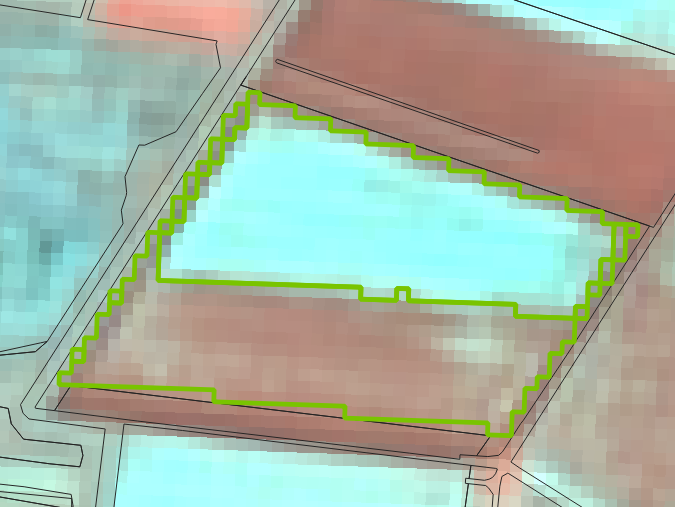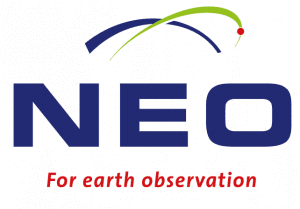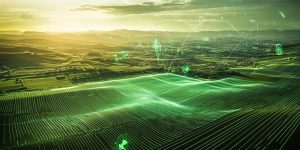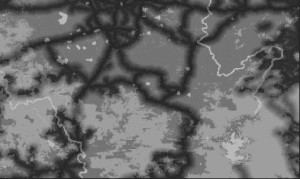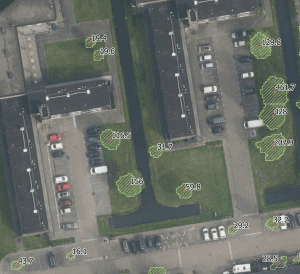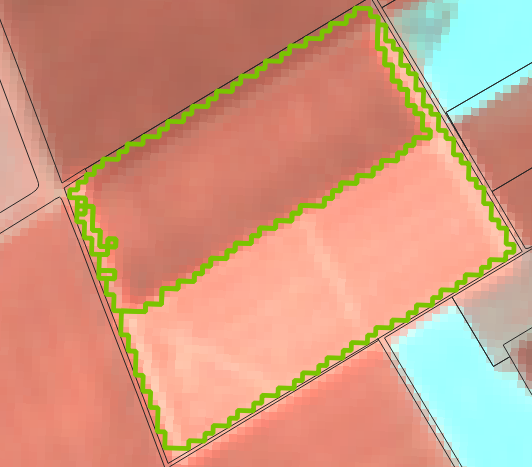
Monitoring agricultural activity is gradually shifting from checking compliance to increasing performance. Currently, monitoring mainly takes place on parcel-level, but the presence of multiple crops or practices (e.g. partial mowing) in one parcel can lead to a mixed signal. Such a mixed signal cannot be properly analyzed, potentially leading to many missed useful detections. Hence, it is important to disentangle these mixed signals. NEO and RVO collaborate to create signals which are as clear and insightful as possible. For this, it is essential to determine which parts of a parcel reflect which part of the mixed signal, so these parts can then be analyzed separately. This requires answering the following questions: does a parcel consist of several parts and if so, what are the boundaries of these parts?
To answer these questions, NEO acts in line with the requirements for monitoring agricultural activity set by the European Commission’s Joint Research Centre. First, it is detected whether a certain object (an agricultural parcel) has become heterogeneous. For doing this, several heterogeneity measures can be calculated for each parcel, for every Sentinel-2 image which becomes available. When the heterogeneity value passes a threshold, the parcel might consist of several distinct parts. Hence, a process is started to create the new boundaries: segmentation. In this process, neighbouring pixels might be merged in several ways into a new object (a Feature of Interest, FOI) depending on their similarity to other pixels. The result consists of several new segments, which better reflect the partial activity on the ground than the original parcel object did. Since the signals are no longer entangled, more activities can be detected. In this way, RVO and NEO improve monitoring of agricultural activity and can contribute to not only better and fairer payment of subsidies, but eventually also to increasing agricultural performance.
